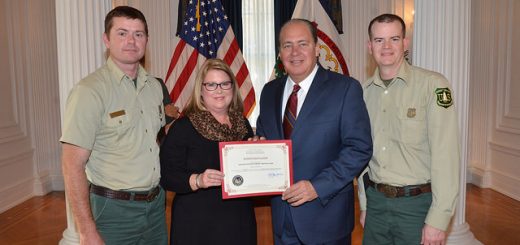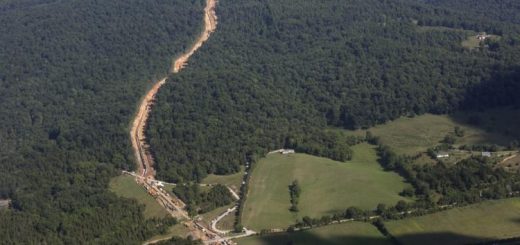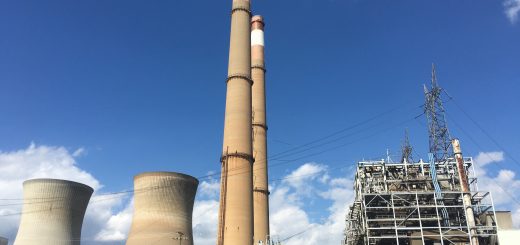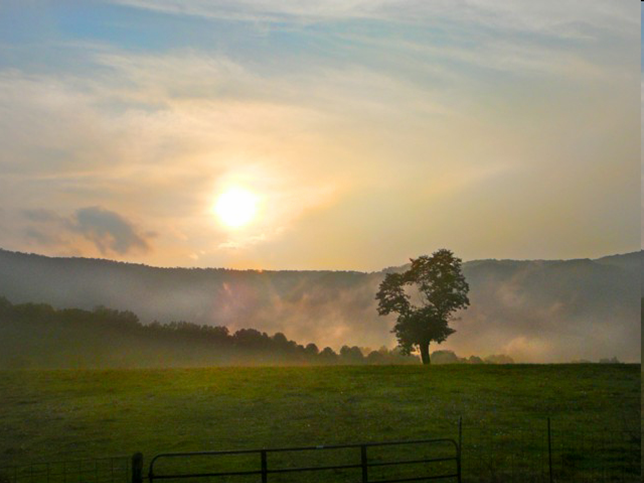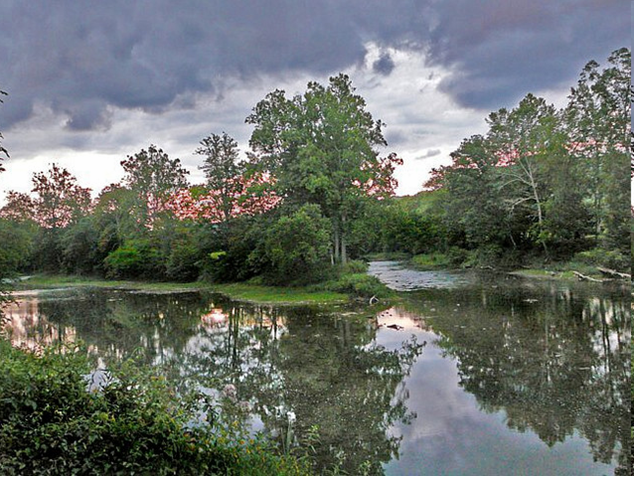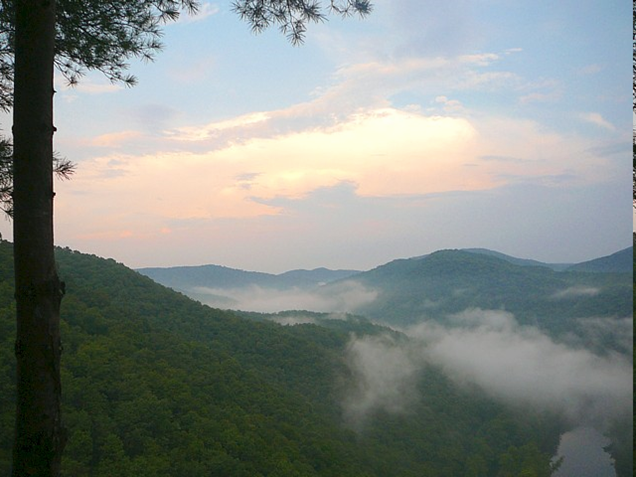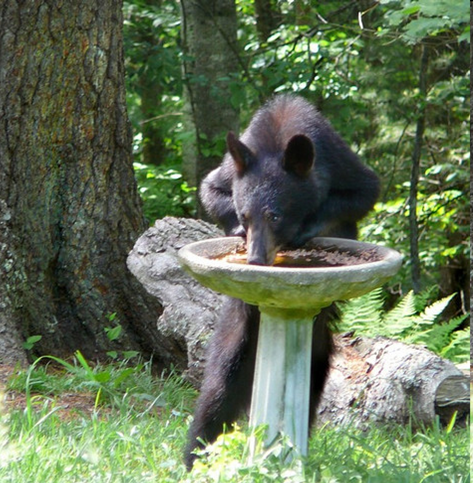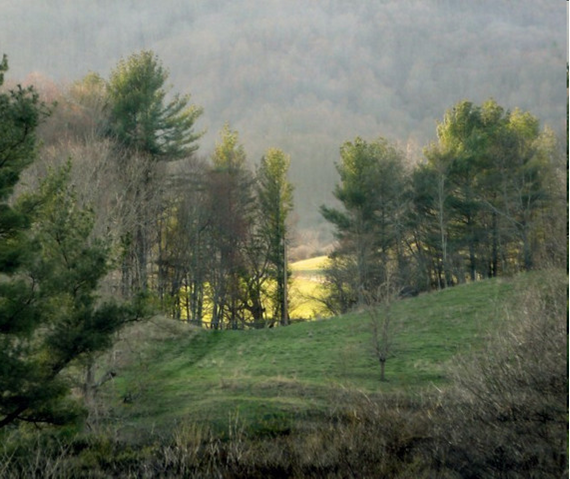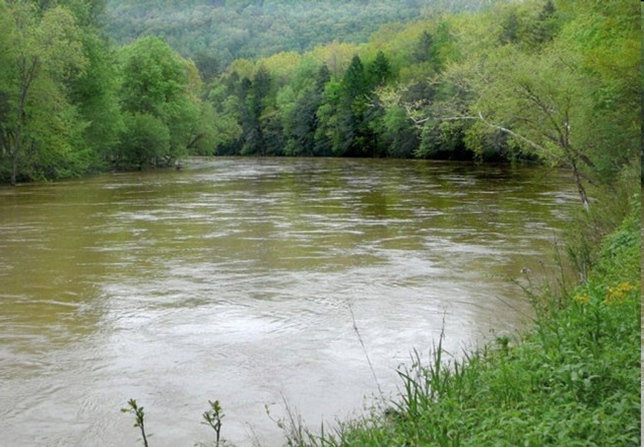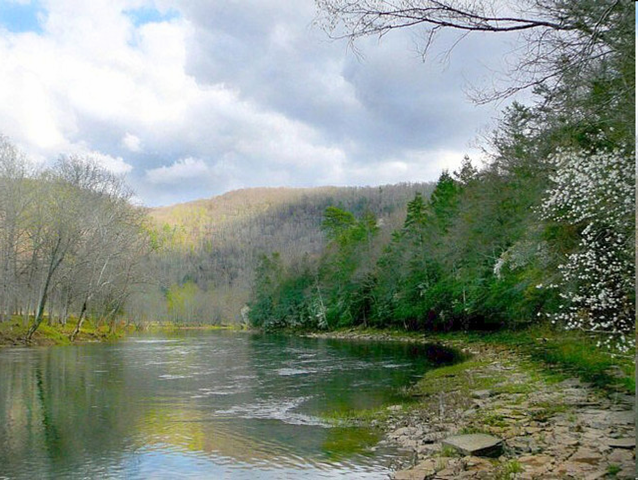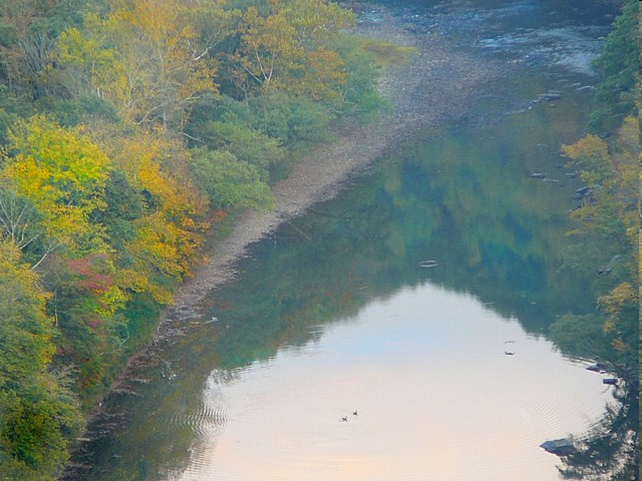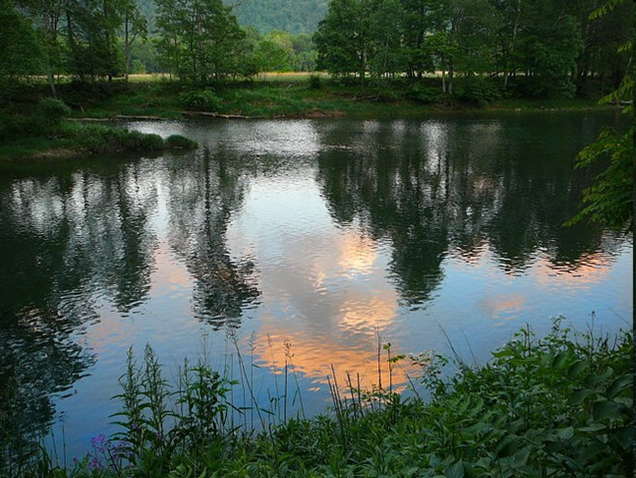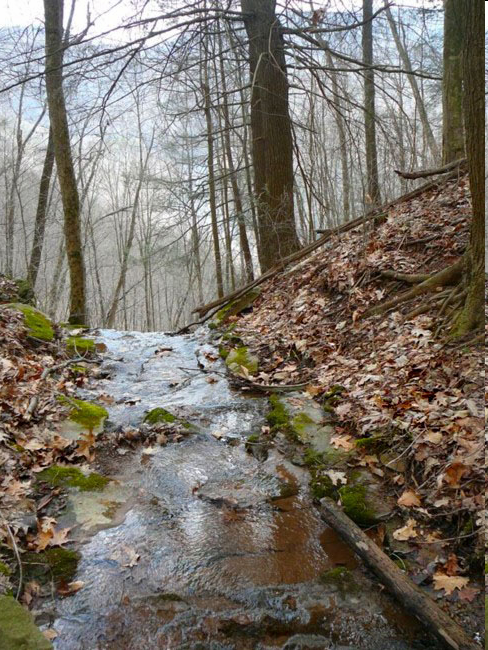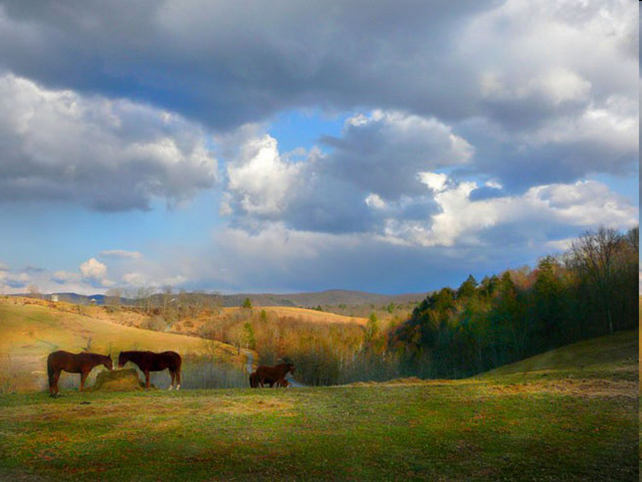Mountain Valley agrees to pay $266,000 for pollution problems in W.Va.
By Laurence Hammack laurence.hammack@roanoke.com 981-3239 May 14, 2019
Developers of the Mountain Valley Pipeline have agreed to pay a fine of nearly $266,000 for violating environmental regulations in West Virginia.
The agreement, outlined in a consent order from the West Virginia Department of Environmental Protection, marks the first financial penalty for problems with storm water runoff caused by building a 303-mile pipeline that will also cross the New River and Roanoke valleys.
Photographs included in the 179-page document show a “drastic change” in streams since work on the buried pipeline began last winter, said Angie Rosser, executive director of the West Virginia Rivers Coalition.
“These are clear-running streams and they have been forever,” Rosser said. “And you look at the photos now and they are just brown.”
Mountain Valley faces similar issues in Virginia. A lawsuit filed in December by the Department of Environmental Quality alleges more than 300 violations of erosion and sediment control measures. Online court records indicate the case is still pending.
In West Virginia, 26 notices of violation filed from April to November of last year were resolved by the consent order.
The agreement, signed May 6 by Robert Cooper, Mountain Valley’s senior vice president for engineering and construction, states the company will pay a fine of $265,972 and submit a plan of corrective action to state regulators.
A public comment period on the agreement runs through June 20.
Most of the violations “were the result of unprecedented rainfall throughout the spring and summer of 2018,” Mountain Valley spokeswoman Natalie Cox wrote in an email.
“MVP appreciates the oversight of the WVDEP and the MVP team will continue to work closely with project inspectors to maintain its high standards of safety and environmental stewardship,” the email said.
The $4.6 billion project is still scheduled for completion by late this year, Cox wrote. However, at least two members of the five-partner venture have said in recent financial reports that a delay is likely, considering legal challenges that led to suspended permits.
Rosser said the fine, which represents well less than 1% of the project’s cost, is unlikely to lead to significant change.
“The concern is that paying the fine is cheaper than doing it right in the first place,” she said.
Mountain Valley and other pipelines being built in West Virginia have all encountered the same problems, Rosser said, and it’s becoming apparent that state-approved plans to control erosion are not working.
“It’s a lot of erosion and a lot of sediment that doesn’t belong in our streams,” she said. “Looking at the photos, you just can’t deny that these pipelines affect water quality.”
Critics say the worst pollution will come when crews begin to run the 42-inch diameter pipe through streams and wetlands. Water body crossings have been on hold since October, when the 4th U.S. Circuit Court of Appeals threw out a permit issued by the Army Corps of Engineers.
Critics say the worst pollution will come when crews begin to run the 42-inch diameter pipe through streams and wetlands. Water body crossings have been on hold since October, when the 4th U.S. Circuit Court of Appeals threw out a permit issued by the Army Corps of Engineers.
Mountain Valley hopes to obtain new permits from the Corps later this year.
But the project must also get renewed approval to cross through the Jefferson National Forest — a process that was complicated by a separate opinion from the 4th Circuit that invalidated a U.S. Forest Service approval for the crossing of the Appalachian Trail by a similar project, the Atlantic Coast Pipeline.
About two-thirds of the pipeline, which will transport natural gas from the Marcellus and Utica deposits to a pipeline in Pittsylvania County, is in West Virginia, where problems with construction were first documented by state regulators.
The consent order from West Virginia documents a variety of improper steps taken by Mountain Valley to control erosion. Sediment-laden water often left the construction sites and made its way into nearby streams and rivers, the order states.
Other violations included a failure to clean debris from adjacent public and private roads, a lack of temporary stabilization of areas where construction was dormant for more than 21 days, and no reseeding of denuded areas where vegetation had failed to take root after 30 days.
In a written defense to the lawsuit claiming regulation violations in Virginia, lawyers for the company blamed the problems on “extraordinary, high-intensity storm events and flooding beyond MVP’s control.”
They also wrote that the company would be willing to settle the Virginia case.


